Polyvinyl Alcohol (PVA), a multifunctional and adaptable polymer, has found its way into various industries, revolutionizing processes and products alike. In this article, we delve into the properties, applications, and advantages of Polyvinyl Alcohol, shedding light on its diverse uses in modern applications.

1. Understanding Polyvinyl Alcohol (PVA)
1.1 The Composition of PVA
Polyvinyl Alcohol is a synthetic polymer derived from the polymerization of vinyl acetate and subsequent hydrolysis. The degree of hydrolysis governs the extent of polymerization, resulting in PVA with varying properties and applications.
1.2 Water-Soluble and Biodegradable
One of the prominent features of Polyvinyl Alcohol is its water-solubility, making it an ideal choice for various applications where dissolution in water is required. Additionally, PVA is biodegradable, aligning with environmental concerns and sustainable practices.
2. Applications of Polyvinyl Alcohol
2.1 Packaging Industry
The packaging industry relies on PVA for manufacturing water-soluble films and bags. These films are utilized in single-dose packaging for various products, such as detergents, agrochemicals, and personal care items.
2.2 Textile and Adhesive Industries
PVA serves as a sizing agent in the textile industry, providing adhesion and strength to fibers during weaving processes. Moreover, it is used in adhesives for paper, cardboard, and wood bonding applications.
2.3 Paper and Paperboard Manufacturing
In paper manufacturing, Polyvinyl Alcohol is employed as a surface-sizing agent, enhancing the paper's printability and smoothness. It also acts as a binder for paper coatings, enhancing the paper's resistance to water and oils.
2.4 Construction and Civil Engineering*
In the construction industry, polyvinyl alcohol powder is used as a cement admixture, enhancing the workability and performance of cement-based materials. Additionally, it is utilized in the production of gypsum-based plasters.
Explore more:What is RDP Powder Used For?What is sodium acetate trihydrate used for?What is the function of KCl fertilizer?What is manganese sulphate fertilizer used for?What does anti corrosion primer do?Xylitol vs. Erythritol, What Are You Concerned about?How long does spray adhesive last?2.5 Pharmaceuticals and Biomedical Applications
PVA is widely used in pharmaceuticals as a binder for tablets and capsules. Moreover, it serves as a matrix material in the formulation of controlled-release drug delivery systems.
3. Advantages of Polyvinyl Alcohol
3.1 Water-Solubility and Environmental Friendliness
The water-solubility of PVA makes it convenient for use in applications requiring dissolution in water. Moreover, its biodegradability aligns with sustainable practices and environmental preservation.
3.2 Film-Forming and Barrier Properties
PVA films possess excellent film-forming properties and act as a barrier to gases and aromas, making them suitable for packaging and food preservation applications.
3.3 Adhesive and Binding Capabilities
The adhesive and binding properties of PVA make it valuable in the textile, paper, and woodworking industries, providing strength and cohesion to various materials.
3.4 Non-Toxic and Biocompatible
PVA is generally considered non-toxic and safe for use in pharmaceutical and biomedical applications, making it a preferred choice in drug formulations and biomedical materials.
Future Prospects of Polyvinyl Alcohol
As research and technology continue to advance, the versatility of Polyvinyl Alcohol is expected to expand further, paving the way for innovative applications in diverse industries. Its biodegradability and non-toxic nature position it favorably in the pursuit of sustainable and eco-friendly solutions.
Conclusion
Polyvinyl Alcohol (PVA) stands as a versatile and valuable polymer, contributing significantly to various industries worldwide. From packaging and textiles to pharmaceuticals and construction, its unique properties and advantages have made it an indispensable material in modern applications.
As the demand for sustainable and environmentally friendly solutions increases, PVA's biodegradability and water-solubility are expected to drive its adoption in diverse fields. Embrace the versatility of Polyvinyl Alcohol and unlock its potential in your industry, ushering in a new era of innovation and progress.
Explore more:Iodo-1-P-Tolyl-Propan-1-One: A Versatile Chemical CompoundSodium Bicarbonate for Pools: Why You Should Put It in Your Swimming Pool?THE POWER OF VITAMIN C: A COMPREHENSIVE GUIDE TO ITS BENEFITSWhat is thymol crystals?What is zinc sulfate monohydrate used for?11 things you should know about Acrylic EmulsionThe Key Role of HPMC in Tile Adhesives




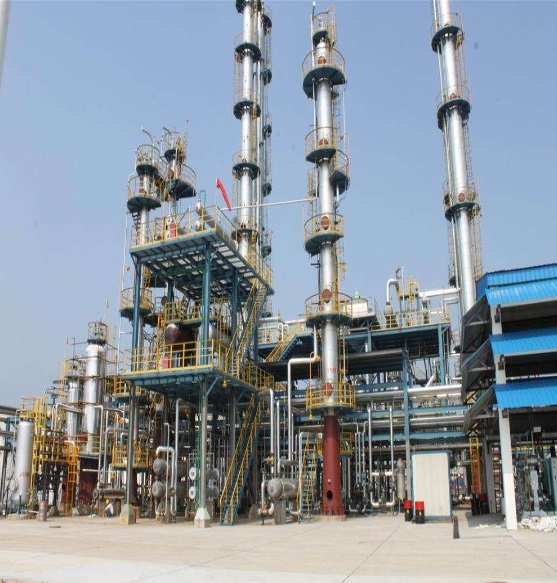
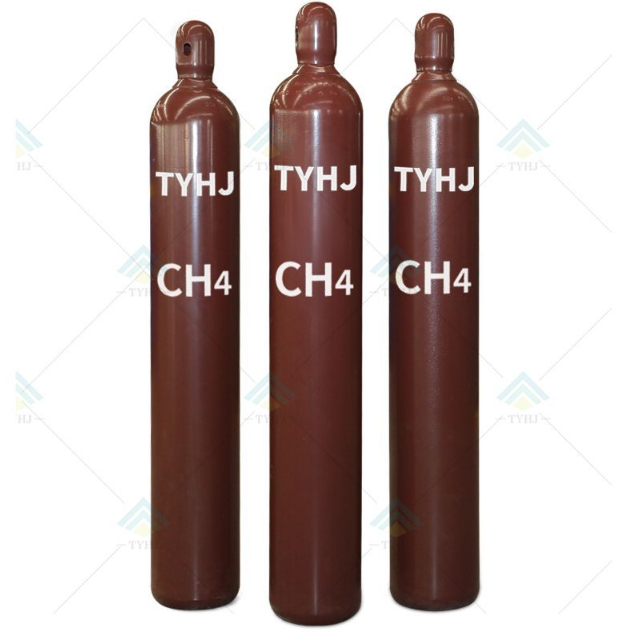
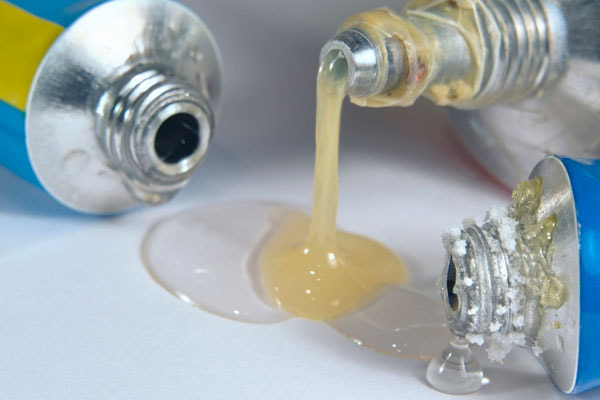
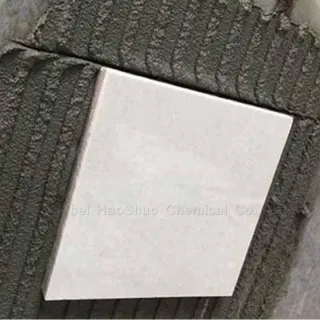
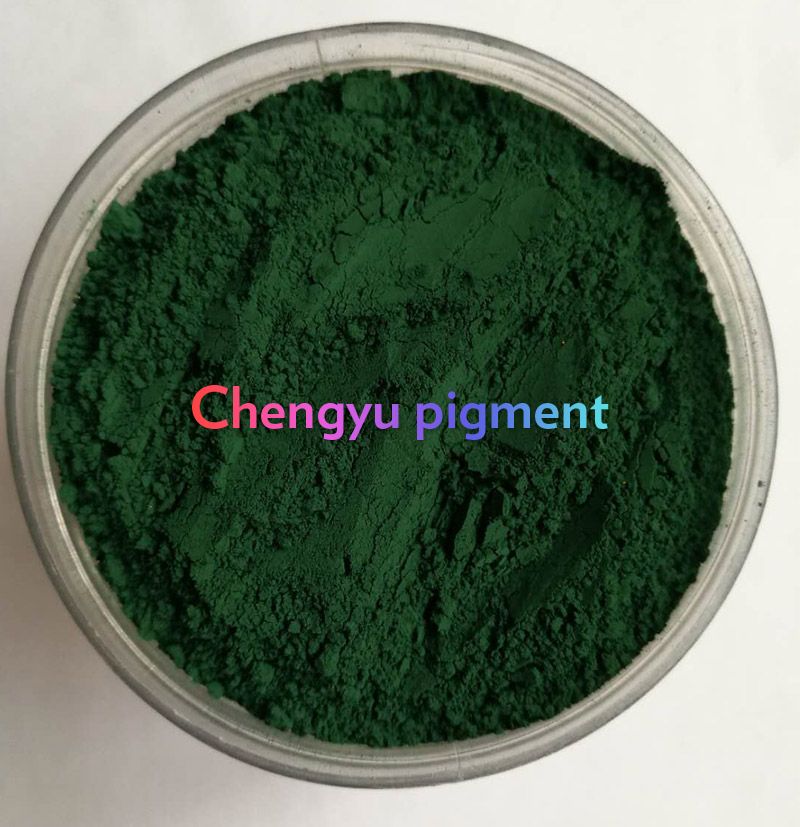

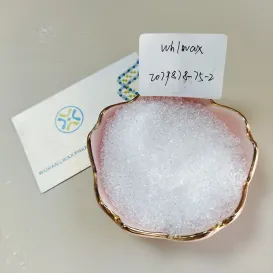
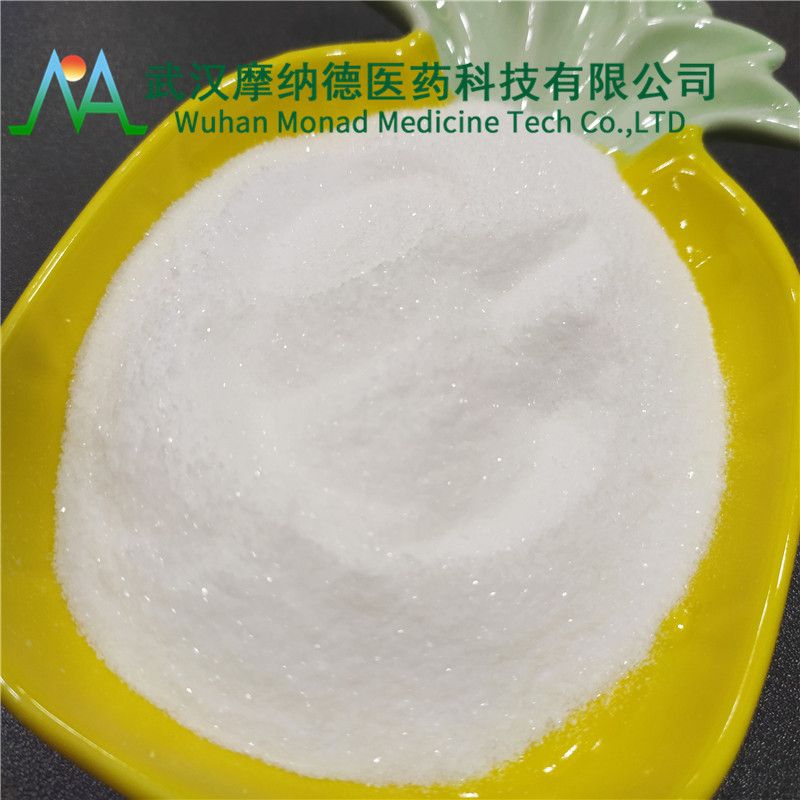
Comments
Please Join Us to post.
0